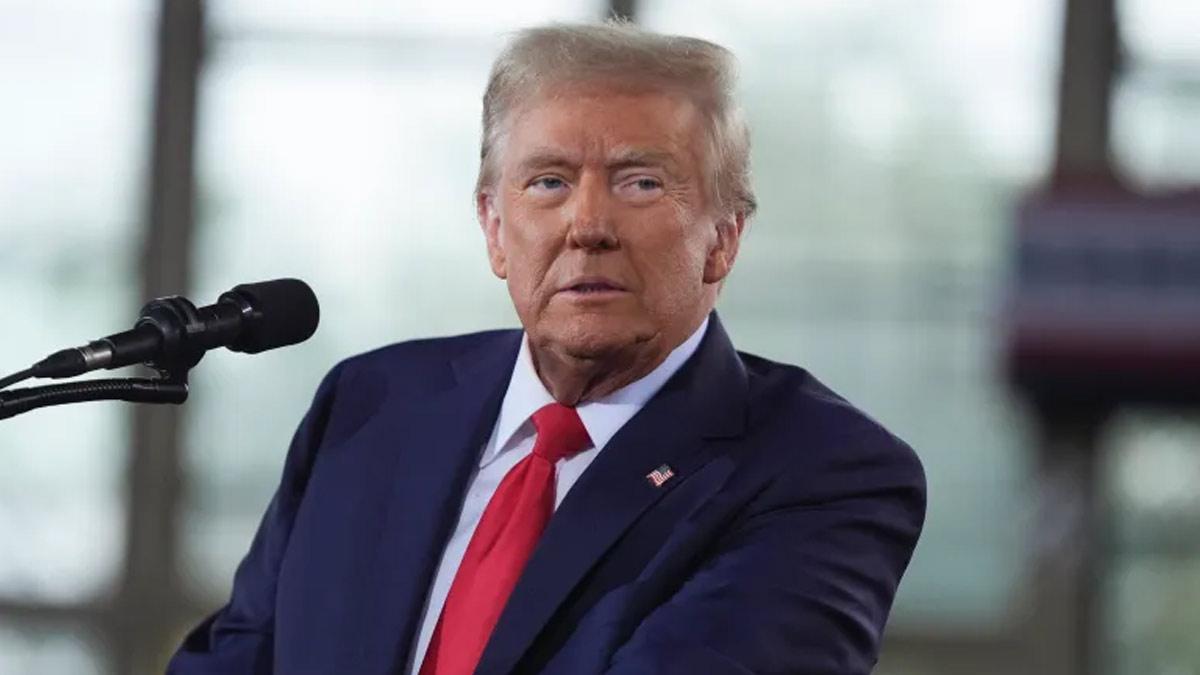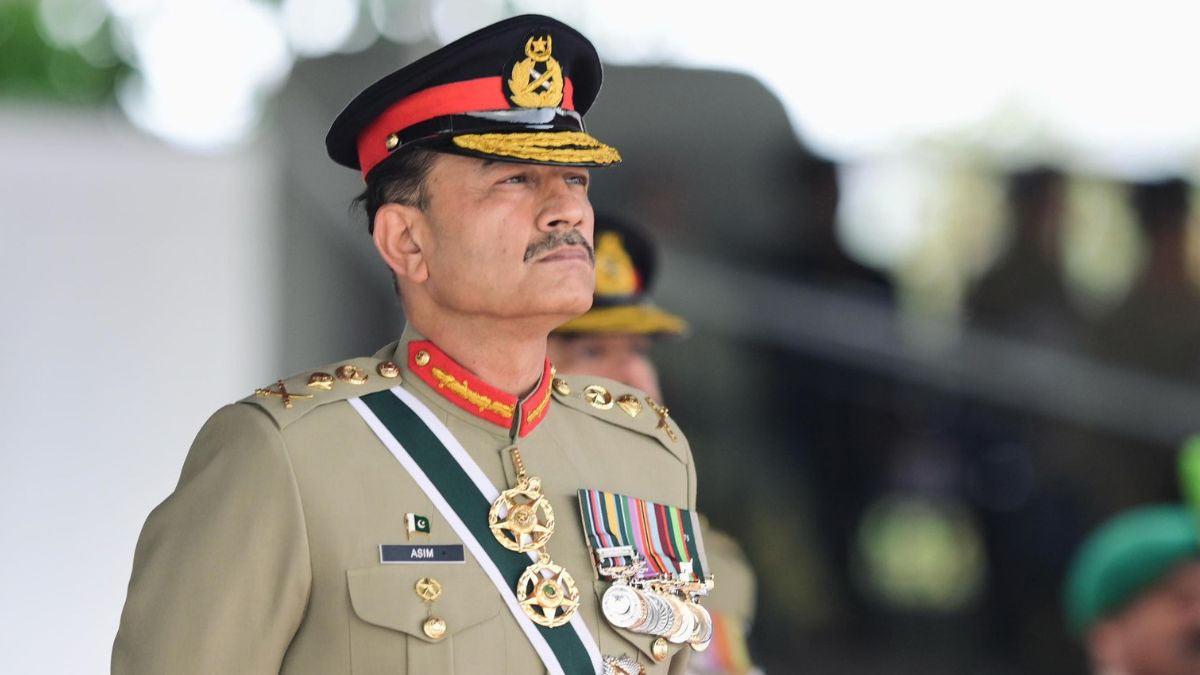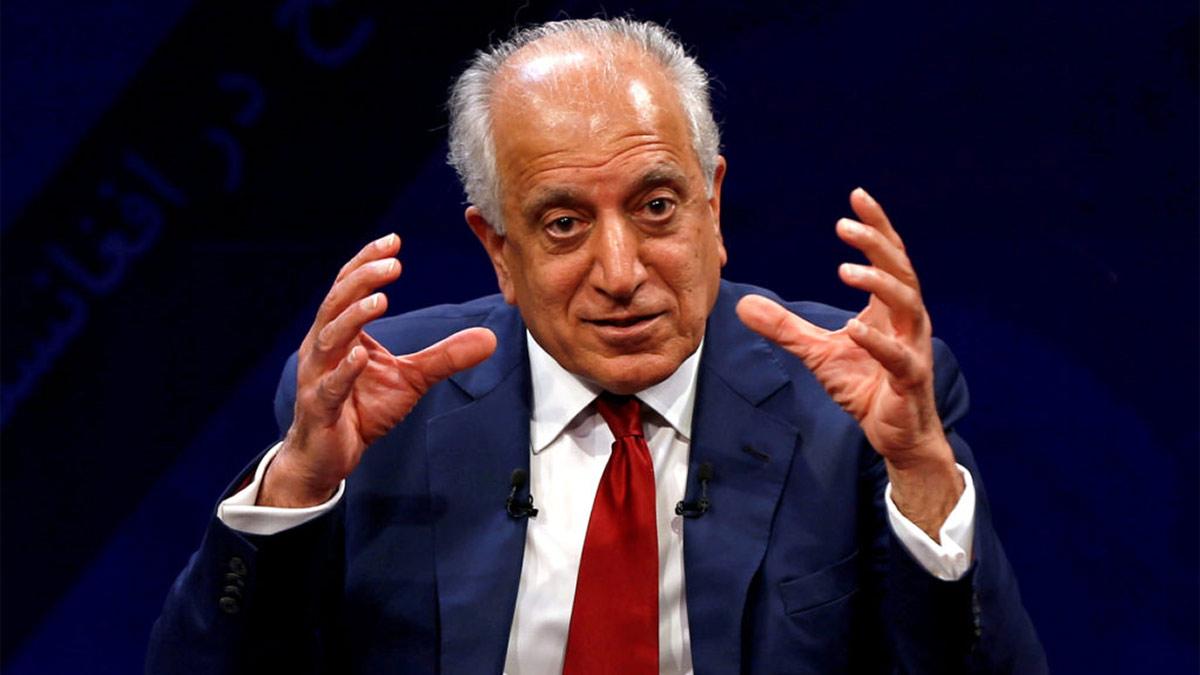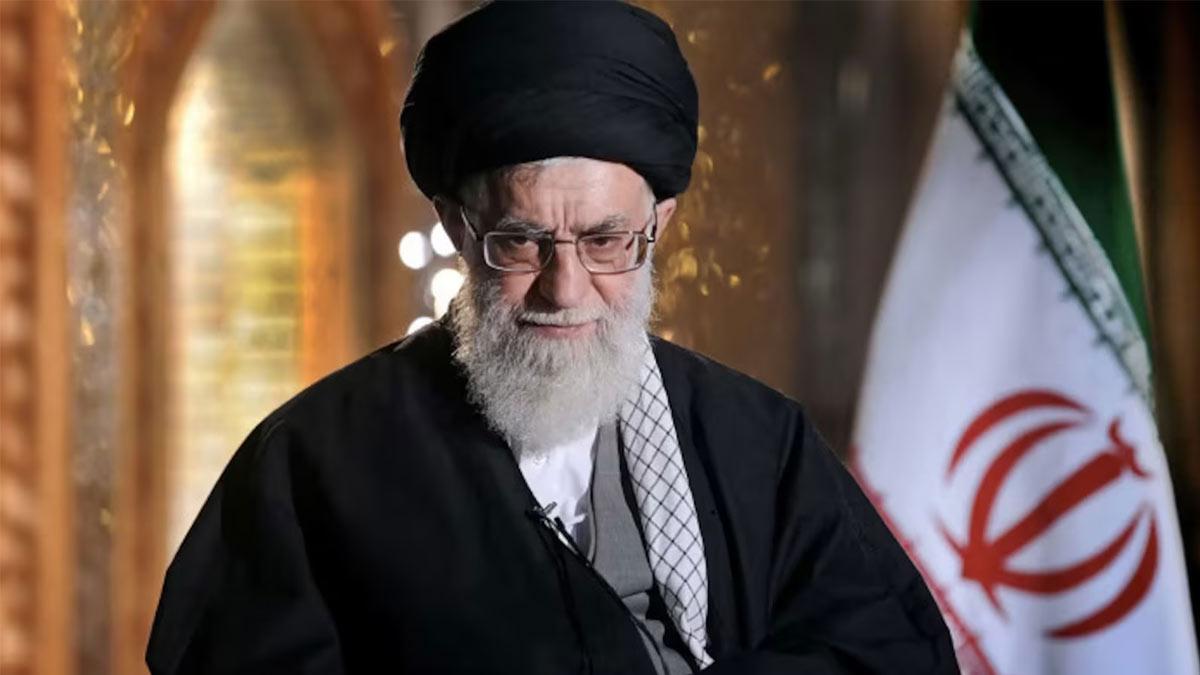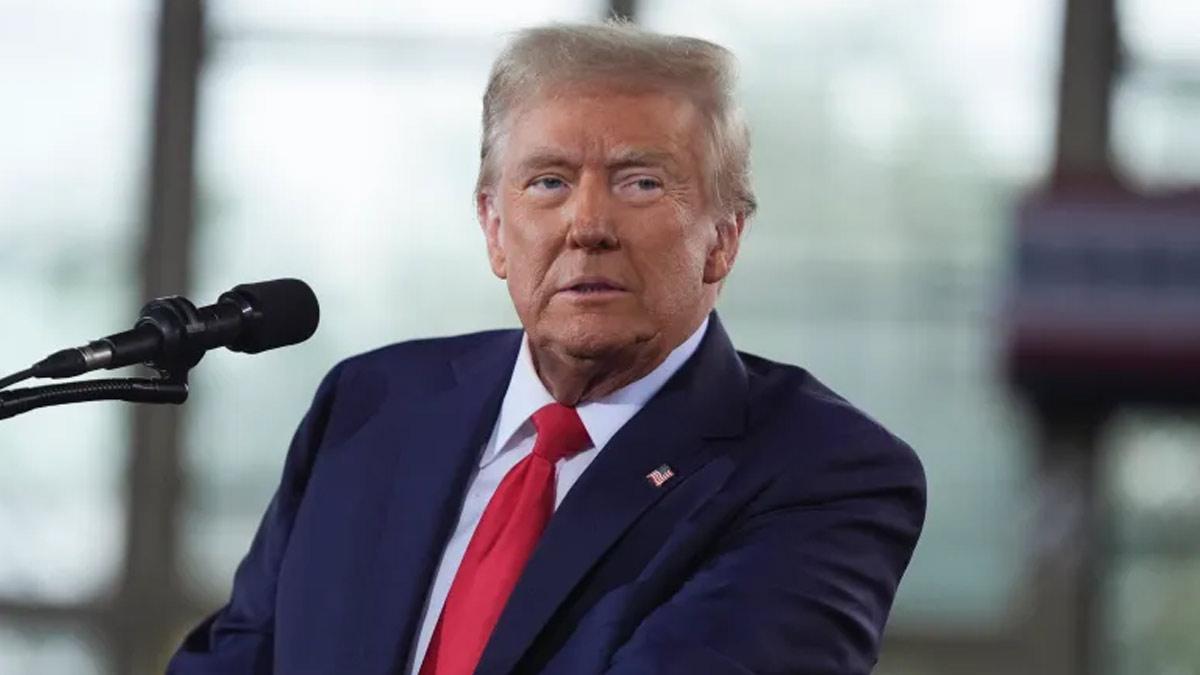In a matter of a few hours on Wednesday, US President Donald Trump radically shifted his position on the India-Pakistan war.
In the morning, he had taken sole credit for ending the hostilities, but by afternoon, he changed tone and credited restraint by the two nations' leaders—without depicting himself as an arbiter.
After a lunch session with Pakistan's Army Chief Asim Munir, Trump thanked both Munir and Indian Prime Minister Narendra Modi for ending the tensions that had run up the previous month.
“I’m so happy there was a deal that two smart people, plus people on their staff too,” worked out, Trump said, emphasizing that “two very smart people” chose to avoid what “could have been a nuclear” confrontation.
Telling the Oval Office at about 3 p.m. during a media session with members of the Juventus football squad, Trump reasserted that both countries had made a deliberate decision to step back from yet another escalation. "Well, those are two nuclear powers, huge ones, huge, huge nuclear powers, and they decided that," he said.
His words contrasted sharply with what he had spoken just hours before. Around 10 a.m., watching the installation of a huge flagpole on the White House grounds, Trump insisted to reporters several times, "I stopped the war between Pakistan and India," and tacked on, "I got it stopped." He also complained about not getting credit for his supposed intervention in defusing the situation.
India, though, has categorically denied Trump's claims of taking any mediatory role. India's Ministry of External Affairs cited a readout indicating that Prime Minister Modi made this unequivocal to President Trump in a telephonic conversation on Tuesday evening. Modi is said to have briefed the US President that Pakistan had taken the initiative on its own to bring an end to the war.
Because of India's strong action, Pakistan was forced to seek an end to military strikes," Modi informed Trump, according to the Ministry. He also repeated that India will not and does not accept third-party mediation in issues related to Pakistan.
In the later part of the day, Trump again made mention of the war, informing journalists that Munir had come in order to thank him for averting complete war. "This guy was highly influential in preventing it from the Pakistan side, PM Modi from the India side, and others," Trump stated.
Attempting to strike a balanced tone, Trump added, “And I want to thank, as you know, Prime Minister Narendra Modi,” noting that the two had spoken recently. He also mentioned ongoing efforts to finalize a trade agreement with India.
Trump also reported having spoken with Munir about Iran, saying that he is familiar with the nation "better than most." Characteristically, without diplomatic relations between the US and Iran, Pakistan's embassy in the US represents Iranian interests, and Switzerland works on behalf of American affairs in Iran.
The US President made a cryptic threat towards Iran, calling on it to "surrender," without specifying the details and possible implications.
Referring to the perceived gulf between the US, a strong ally of Israel, and Pakistan, an outspoken supporter of Iran and critic of Israeli policy, Trump said, "They (Pakistan) are not happy about anything. It's not that they're bad with Israel. They know about Iran, but they probably, maybe they know Iran better."
By inviting Munir, Trump was recognizing the Pakistani military's overweening control that tends to overshadow its civilian leadership. In the recent Operation Sindoor, initial US interaction with Prime Minister Shehbaz Sharif yielded to direct parleys with Munir, after the true power dynamics asserted themselves.
Trump's encounter with Munir highlights his pragmatist foreign policy strategy—one that cares little for undemocratic leadership, the stark opposite of qualms tended to be voiced by Democratic administrations.
Read also| Terror Attack Will Be Treated as Act of War, PM Modi Tells Trump
Read also| Trump Invited PM Modi to the U.S., Confirms Foreign Secretary Misri

